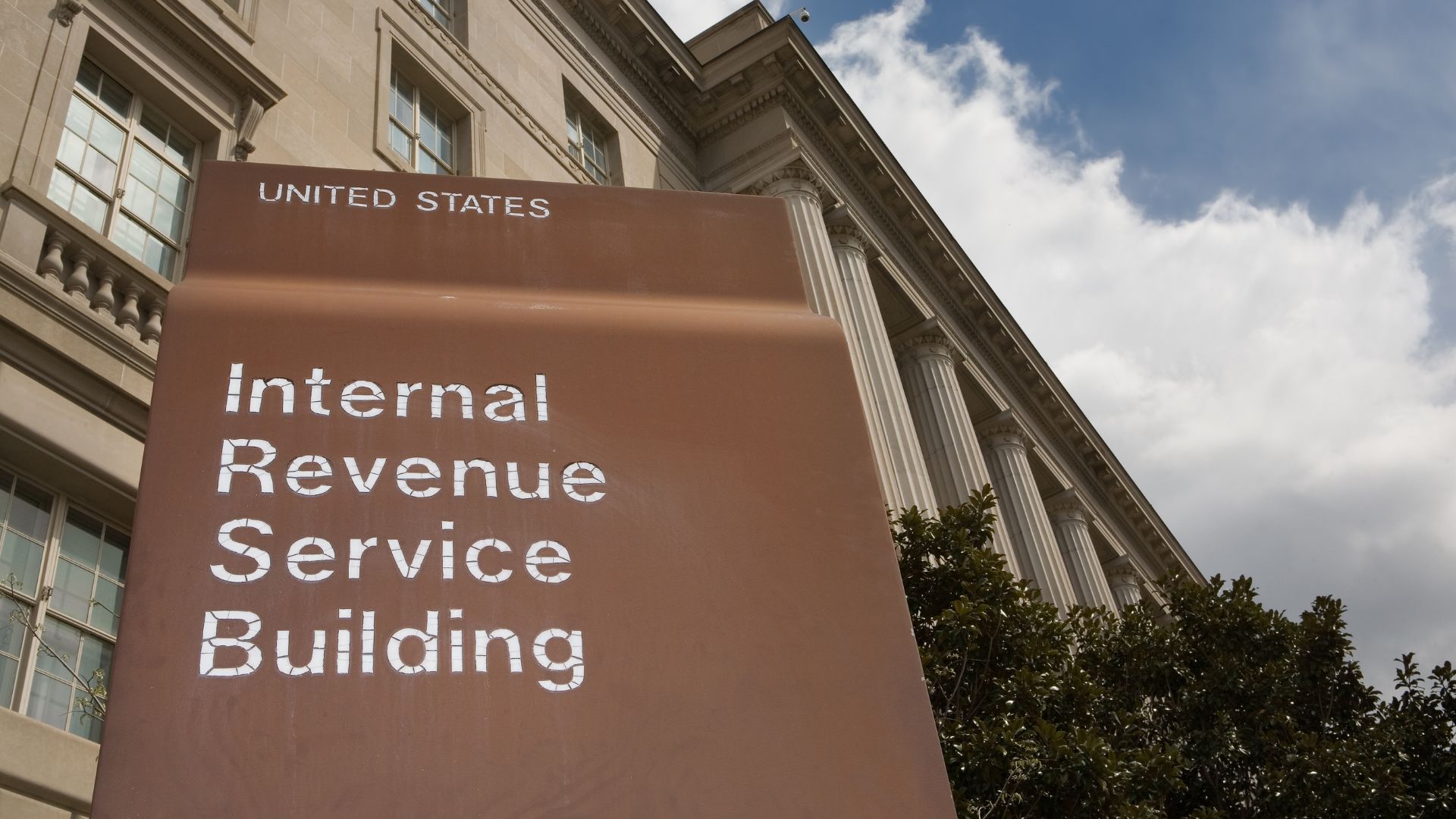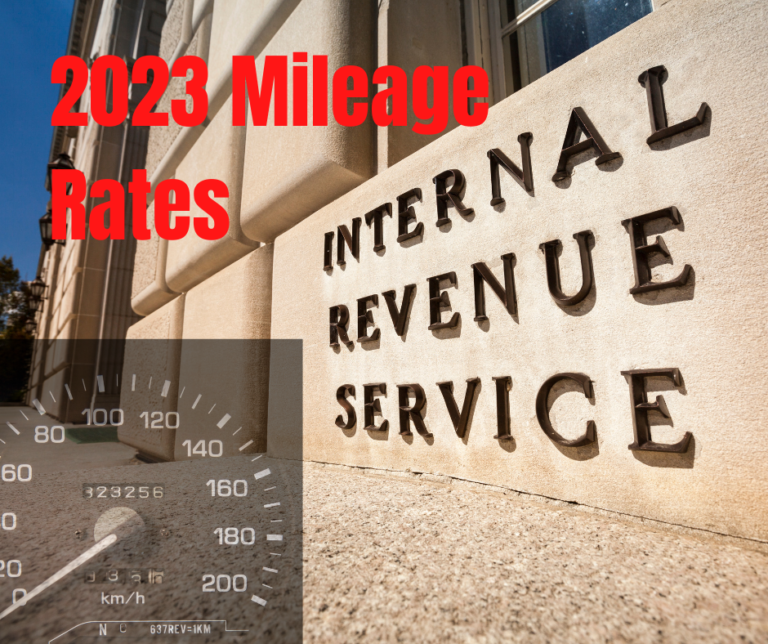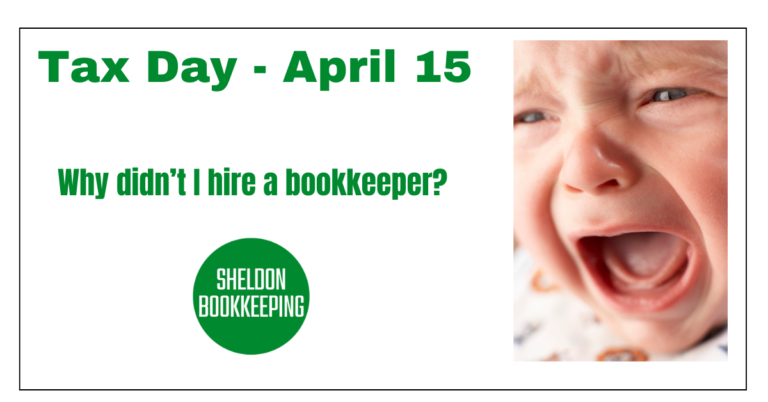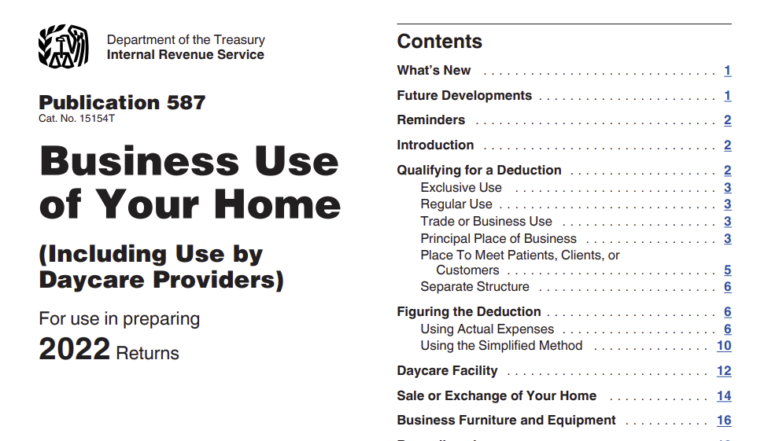In the realm of U.S. tax law, individuals have the right to seek exemptions or special status under certain circumstances. One such provision is outlined in Internal Revenue Service (IRS) Form 4029, which allows individuals to claim religious or conscientious objector status and be exempt from paying Social Security and Medicare taxes. This unique provision caters to those whose religious beliefs or moral convictions are at odds with the government-sponsored social insurance programs.
What is IRS Form 4029?
IRS Form 4029, officially titled “Application for Exemption From Social Security and Medicare Taxes and Waiver of Benefits,” is a document that individuals can file to request an exemption from paying Social Security and Medicare taxes. By doing so, applicants also waive their rights to receive benefits from these programs. The primary eligibility criteria for filing Form 4029 revolve around deeply held religious beliefs or moral convictions against participating in government-sponsored insurance programs.
Eligibility Criteria:
To qualify for IRS Form 4029, individuals must meet certain criteria:
- Religious Beliefs: The applicant must adhere to established religious principles that oppose the acceptance of Social Security and Medicare benefits. This includes being a member of a recognized religious group with established tenets contrary to participation in such programs.
- Conscientious Objector Status: Individuals who object to receiving benefits from Social Security and Medicare on the basis of personal moral or ethical convictions can also apply for Form 4029. This includes those with secular ethical beliefs that preclude participation in government-sponsored social insurance programs.
Application Process:
The process of obtaining IRS Form 4029 involves several steps:
- Obtain Form 4029: The form is available on the official IRS website or through local IRS offices.
- Complete the Form: Provide accurate information about your identity, religious affiliation (if applicable), and details explaining your objection to Social Security and Medicare benefits.
- Submit Supporting Documentation: Include any required supporting documentation, such as letters from religious leaders or statements outlining your conscientious objector status.
- Submit to the IRS: Mail the completed form and supporting documents to the IRS office designated for processing Form 4029 applications.
Considerations and Consequences:
While obtaining an exemption through Form 4029 is legally permissible, individuals should be aware of the implications:
- Forgone Benefits: Choosing exemption means giving up the right to receive Social Security and Medicare benefits, which could impact one’s financial security in retirement.
- Limited Eligibility: IRS Form 4029 is not a universal option. It is specific to individuals with genuine religious or conscientious objections.
Conclusion:
IRS Form 4029 offers a pathway for individuals whose religious beliefs or conscientious objections prevent them from participating in government-sponsored social insurance programs. As with any legal provision, applicants should carefully consider the consequences and ensure that their objections align with the criteria outlined in the form. Understanding the intricacies of IRS Form 4029 is crucial for those seeking to exercise their rights while navigating the complex landscape of tax regulations in the United States.







